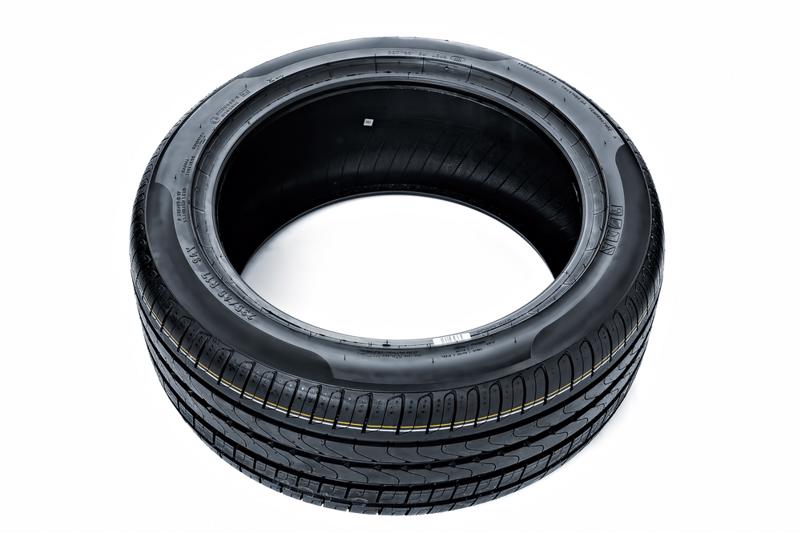

The brake system on your automobile is responsible for turning kinetic energy from your moving car into heat. The resulting friction creates a force that resists motion and aids in bringing your vehicle to a halt.
But there's much more that goes into the ability to stop your automobile. Tires assist by providing stability and speed to the desired braking operation. So how important is choosing the right tires in regards to the health of your brakes?
Today's passenger vehicles are equipped with anti-lock braking systems (ABS). These prevent your wheels from locking up under hard braking conditions, ensuring a driver's ability to maintain control of a vehicle while stopping.
When a driver is 'slamming' the brakes, ABS warns onboard sensors that the wheel has stopped turning, effectively letting the vehicle know that the braking capacity of the tire has been exceeded. Your braking system still has power under these conditions, but with the inability of the tire to grip the road, more braking power isn't effective.
Therefore, the tires on your vehicle could fail in emergency braking situations before the brakes themselves. No matter the precision of your braking system, your stopping ability is determined by the extent with which your tires connect to the road beneath them.
When it comes to the safety of your vehicle, bald tires are bad tires. The amount of tire tread has a direct result on how well your tires can grip the road, especially in sub-optimal road conditions. Bald tires on hot, dry roads are susceptible to blowouts, and the structural integrity of a tire is compromised in correlation to the lack of remaining tread on it. Tire tread prevents heat buildup caused by friction as your vehicle moves along the road – with less tread, your tire loses the ability to dissipate the accumulating heat.
Bald tires on wet pavement are equally dangerous; with no remaining tread to move water away from the tire, the distance needed to safely stop your vehicle increases.
Extend the life of your brakes by keeping an eye on your tires
By replacing your tires when the tread pattern becomes worn, you're effectively extending the life of your braking system. Ensuring the two work hand in hand means keeping an eye on the wear pattern of your tires, as misalignment issues can result in irregular wear to the tires themselves.
If you replace your tires once the tread pattern is worn down, your brakes will not have to work as hard in order to ensure the safe operation of your vehicle.
By rotating your tires with every scheduled maintenance, you're able to wear the tire tread equally, regardless of whether or not your vehicle is front- or rear-wheel drive. Once again, this impacts the wear on your braking system, as worn tires require additional support from applied braking in order to slow or stop your automobile.

In order to maintain the optimal safety standards of your vehicle, good tires aren't enough. Ensuring your braking system is running at peak efficiency means replacing or upgrading brake pads, calipers and rotors when the need arises.
Multi-piston brake calipers assist in stopping by providing more surface area to clamp down on your brake pads. This results in an increased application of braking force, which means you won't have to press the brake pedal as hard to achieve a desired result.
Brake fade occurs when brake pads overheat, reducing the amount of friction generated between the pad and the rotor.
Larger brake discs assist in heat dissipation and keep your braking system cooler. The larger surface area affords a greater tolerance to heat, and will subsequently extend the life of your brake pads.
Good tires combined with fully-functioning brakes will keep your vehicle operating safely on the road. Greening Testing Laboratories is a fully certified brake testing lab that provides a variety of brake testing services. Contact Greening for a complimentary consultation.